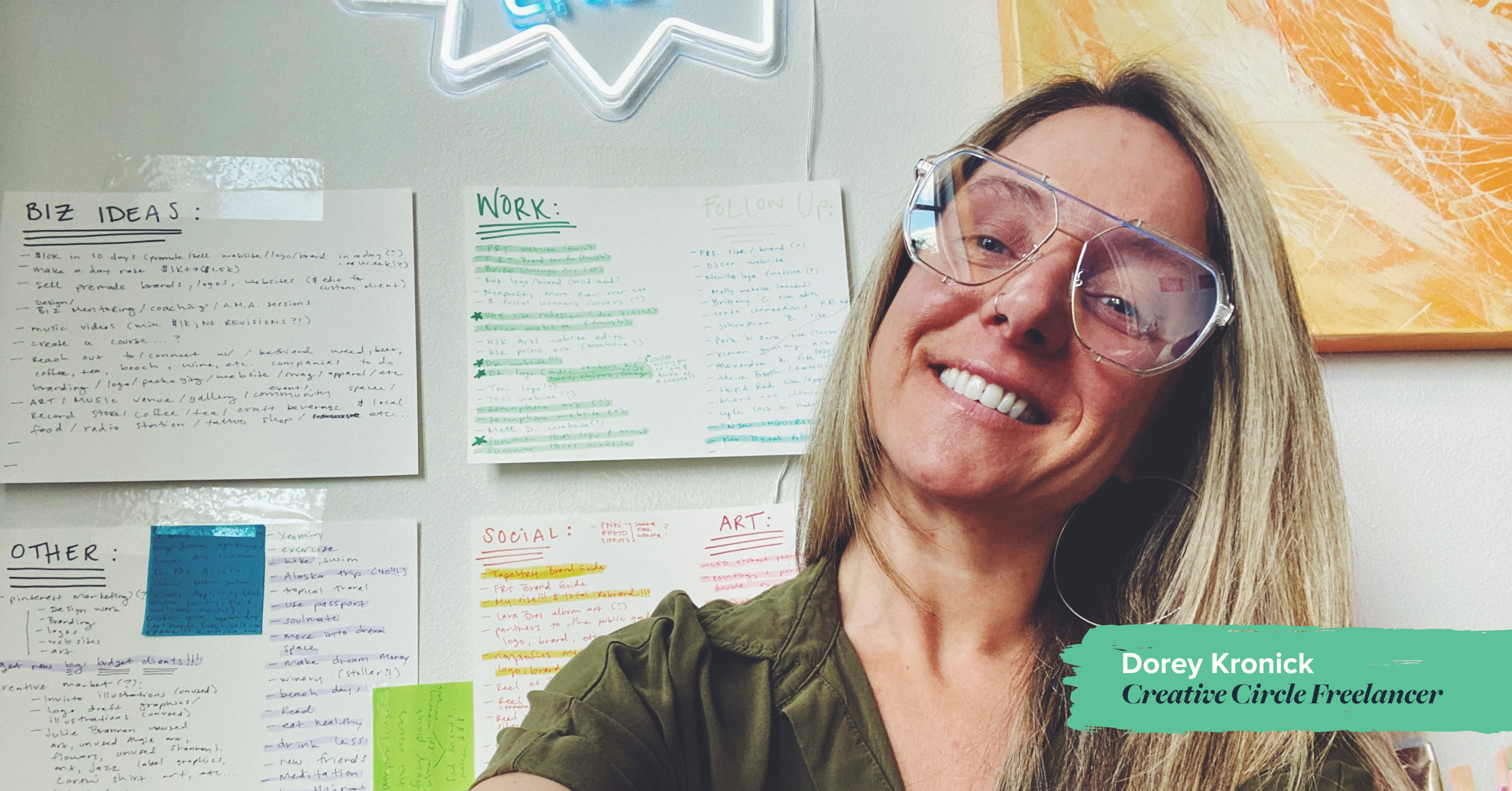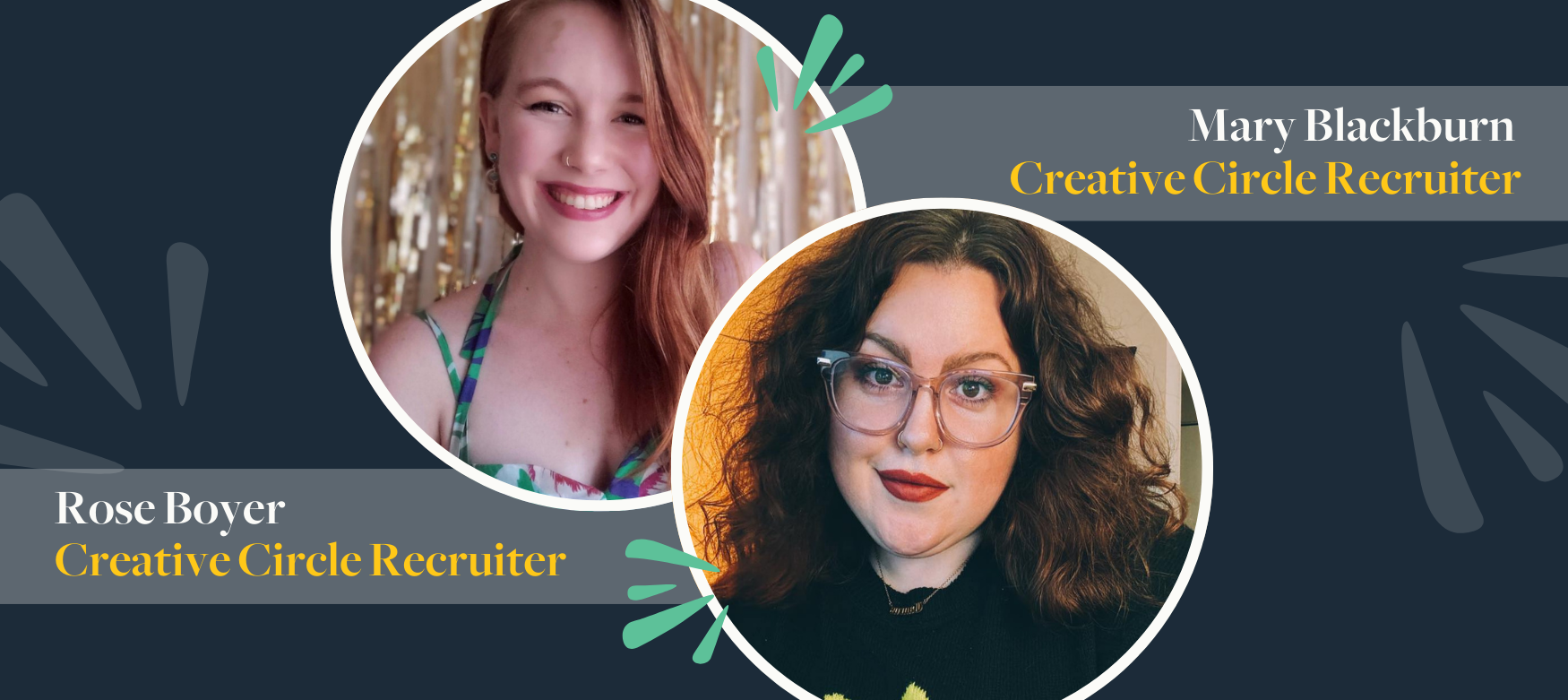Freelancing is hard. In addition to finding work, chasing down invoices, and managing sudden changes in income, freelancing typically comes without automatic access to the benefits that full-time employees receive.
Let’s take a look at the benefits freelancers have to make up for with their own time, money, and resourcefulness, and go over our options.
Disclaimer: I do not advise or endorse any of these options. I am not qualified to give health, financial, or legal advice. I also don’t endorse any of the organizations mentioned by name. They are just examples. This is just a simple informational layout to get you started.
Health Insurance
Because the United States is one of the only wealthy nations without single-payer healthcare, most Americans rely on their employers for health insurance. In fact, in a study of the healthcare systems of the 11 wealthiest nations, the United States came in dead last… by a lot. A big reason for this is a lack of equitable access and the fact that navigating the wild world of insurance policies can feel like wading through a Boschian hellscape.
Having a solid insurance provider can mean the difference between saving for retirement and bankruptcy, if not life and death. So what’s a freelancer to do?
The absolute easiest way to have health insurance is to have a spouse or domestic partner with a workplace plan. Doesn’t scream “independence,” but if you’re in a stable relationship and it works for you, it makes life a lot easier.
If you’re 26 or under, you can also remain on your parents’ insurance under the Affordable Care Act. Again, not for everyone, especially if you can’t rely on your parents, but another easier option if it’s available to you.
You can also qualify for Medicaid if you meet the Modified Adjusted Gross Income (MAGI) requirements or other need-based requirements or Medicare if you are 65+ years old.
Beyond that, it’s a wild world of marketplaces. You can use the public marketplace through the Affordable Care Act, private marketplaces through individual insurers, or a health sharing network which usually is religious in nature (but there might be a secular one out there).
You can also use something like Oscar Insurance, which is a private insurance company that offers more affordable options, or Freelancers Union which is an organizational network of freelancers that offers a range of benefits with the cost of membership. There’s also COBRA if you’re leaving a full-time role to freelance and want to continue your current plan (although it can be pretty pricey).
Creative Circle freelancers also have access to a range of plans through a vendor called Benefits in a Card (BIC) throughout assignments. The details are emailed to every CC freelancer upon accepting an assignment.
All that said, plenty of people opt out of insurance coverage and pay out of pocket whenever they need something. That strategy is obviously dicey though, especially in the event of an unanticipated emergency.
TL;DR — here are some of your top options:
- Get married or domestic partnered to someone with insurance.
- Stay on your parents’ insurance if you can.
- Check if you qualify for Medicare or Medicaid.
- Shop for public insurance at healthcare.gov.
- Check out insurance options through an organization like Freelancers Union.
- Shop for private insurance or try a consumer-focused alternative like Oscar.
- If you’ve left a full-time role, use COBRA to extend your benefits.
- Look into a health-sharing network.
- If you’re freelancing for Creative Circle, you’ll have access to plans through Benefits in a Card.
- Go without and use out-of-pocket payment plans and discounts if anything comes up.
For a more in-depth look at healthcare options for freelancers, check out this nifty blog post.
Indemnity + Liability Insurance
Depending on what you do, you may need some kind of professional liability and/or indemnity insurance. The purpose of liability and indemnity insurance is to protect you if someone tries to sue you, whether you make an error or they’re injured in your office space. There’s a lot of debate as to whether you really need it, but it all comes down to what you do and what your risk tolerance is. Most folks arguing for liability insurance are trying to sell it to you, but that doesn’t necessarily mean they’re wrong. Even for freelancers with solid engagement agreements and disclaimers, a signature may not protect you everywhere.
For more info, check out Freelancers Union.
More Insurance?
There’s also media insurance, life insurance, disability insurance, and business interruption insurance. What?? But if you want to be covered for every kind of scenario, I guess you have options. In researching for this piece I came across this article about a freelance journalist who got sued. Luckily the publication he wrote for defended him, but if you’re writing about touchy subjects and people who might take offense to your words, media insurance may be something to consider.
Check out more solid advice here. And, of course, you can consult with a lawyer, accountant, or other professional to see what your specific needs might be.
Sick Pay, Paid Time Off, + Unemployment
The great part of freelancing is you can choose your time off. The downside, of course, is you don’t get paid for it. While some sick pay options were granted during peak COVID in the form of tax breaks, that seems to be over permanently. Ditto for unemployment benefits which were offered to a certain extent under the CARES Act as Pandemic Unemployment Assistance, in addition to PPP loans which played a similar role in replacing lost wages. However, now that those funds and programs are running out, we’ll probably land right where we started.
Some states do have sick leave laws, so you’ll have to check to see if your location qualifies you for any sort of compensation (which Creative Circle does apply to its candidates in those states), but if you’re contracting or working with your own private clients, it likely won’t apply to you either way.
The solution for the average freelancer is to make sure your rates are high enough to cover yourself when you fall ill or want to take a vacation. However, places like Freelancer’s Union now offer plans you can pay into to receive paid leave benefits.
Parental Leave
When it comes to parental leave, freelancers will have to make hard choices about how they want to manage their business. Reducing clients, ending projects, and taking time off to care for a little one without even a partial paycheck to balance the load can be stressful and intimidating. Unfortunately, the United States has no mandated protections in place for expecting contractors, and few if any companies offer any sort of benefits to freelancers or part-time employees. (They aren’t even required to pay their full-time employees on paternity leave, just guarantee they will have a job upon their return after 12 weeks. And that’s just for the birthing parent.) All we can do is our best to plan and save for any intended leave of absence.
Tax Withholdings
Odds are when you’re freelancing, you’ll get a 1099-NEC or 1099-MISC (this differentiation is new) at the end of the year instead of a W-2 which is what someone employed full-time would get. (Why are tax forms so complicated??) That means you don’t automatically pay your taxes with each paycheck. My first freelancing gig in 2012 had me on a 1099 and I, a fresh out of college financially illiterate noob had no idea I was supposed to save some of those paychecks for tax time. I got slapped with a hefty bill and was very freaked out.
We live, we learn, and now I meticulously calculate every little thing. I keep a running spreadsheet that tracks my income, business expenses by category, quarterly estimated tax payments, and more. Some folks with larger businesses might prefer a more automated system like QuickBooks; others may hire their own bookkeeper. It all depends on how much you make and how much time you have. There are tons of financial planners and accountants that can help you make the best decision for your business if you are like me and didn’t get the tax 101 in your younger years.
Here’s a more in-depth look from TurboTax. But remember, there are FREE sources for filing taxes online if you want to do this yourself and not pay for TurboTax. There is an episode of Hasan Minaj’s Patriot Act that dives deep into TurboTax.
Note: If you’re freelancing for Creative Circle, you’ll actually receive a W-2, so as long as you fill in the right deductions, you won’t have to worry about withholdings while on assignment.
Retirement Savings
Another arena where freelancers are on their own is when it comes to retirement savings. While some salaried roles may offer a pension (which is unfortunately way less common for non-government jobs these days) or a 401K plan (hopefully one they match), a freelancer must save on their own. The most common options would be a Traditional or Roth IRA, and there are also some folks who can put together their own 401K plan if they make enough. Consulting with a financial professional would be a good option if you don’t know where to start. Many institutions like Fidelity also offer assistance to prospective account holders.
Wellness + Transportation
While this one is more of a perk, it’s important to consider how much money you’re spending in these areas. Some wellness costs like gym memberships can be offset through health plans. Meanwhile, transportation should either be factored into your rates or negotiated into a contract if you have to travel onsite for meetings and projects, especially with rising gas prices.
Are you a freelancer? Do you have more tips or questions about navigating the wild world of our unhinged and unsupported reality? I’d love to hear from you! Feel free to email me: acalderin@creativcircle.com
About the author.
Alessandra is your friendly neighborhood writer, coach, and facilitator with a varied history of experience from digital agencies and corporations to yoga studios and gyms. Her expertise and interests range from fitness and wellness to self-care and personal development to intersectionality and justice to science and creative cultivation. She has worked on and off with Creative Circle since 2014, originally as an NYC recruiter, later as an internal sourcer, and currently as a community wellness and culture specialist as well as a contributing writer for this here blog. You can find up-to-date offerings or sign up for her newsletter at alessandracalderin.com.




